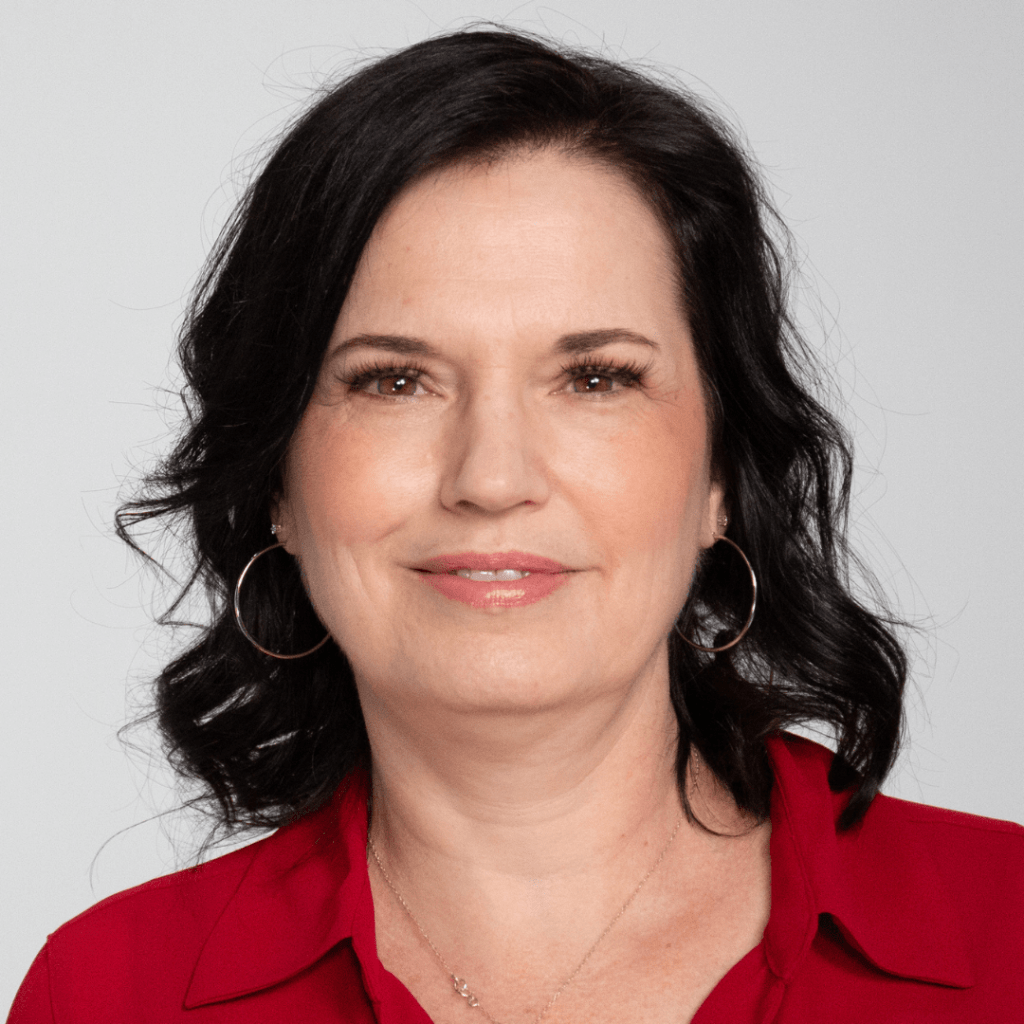
Kimber Wakefield MacGibbon, MS, BSN, RN
Kimber has been a registered nurse for over 30 years and began as an ICU nurse, then moved into medical technology, nutraceuticals, and medical-legal consulting. She survived HG twice with symptoms until delivery. Her difficulty getting treatment and dealing with the residual health issues of HG ignited a passion to eliminate the suffering and losses that plague families facing HG. She put the first comprehensive site on HG (hyperemesis.org) online in 2000 with referrals and support services, and with the help of Ann Marie and Jeremy King, transitioned that site into a non-profit charity called the HER Foundation in 2002. Simultaneously, she partnered with Dr. Marlena Fejzo to research hyperemesis. Dr. Aimee Brecht-Doscher joined a few years later to offer medical guidance for the organization. Since then, HER has lead the progress on HG research, advocacy, awareness, and education.
“After talking with thousands of families across the globe over the last two decades, I still find it shocking to hear how many women are denied needed medical care such that they fear their death or that of their child’s. Thousands of babies die each year before birth, and some mothers in countries like the United States still lose their lives as well.”
It’s no surprise that many of these survivors have signs of post-traumatic stress disorder postpartum, and children with actual or increased risk for long-term health issues. There are treatments available to give the majority of women at least enough relief and nutrition to survive the pregnancy and reduce the occurrence of adverse complications.
Unfortunately, the stress and malnutrition associated with hyperemesis increases the incidence of emotional and developmental disorders in children born to mothers with HG. The HER Foundation has been at the forefront leading collaborative research on the impact of HG on families, and helped identify the first genes causing HG. “We now can disprove the myths about HG being a three month disorder with no ill effects on mother and child. The impact of HG lasts a lifetime and imposes a great burden, financially, medically and socially, and affects future generations.”
Read more of Kimber’s story here.

